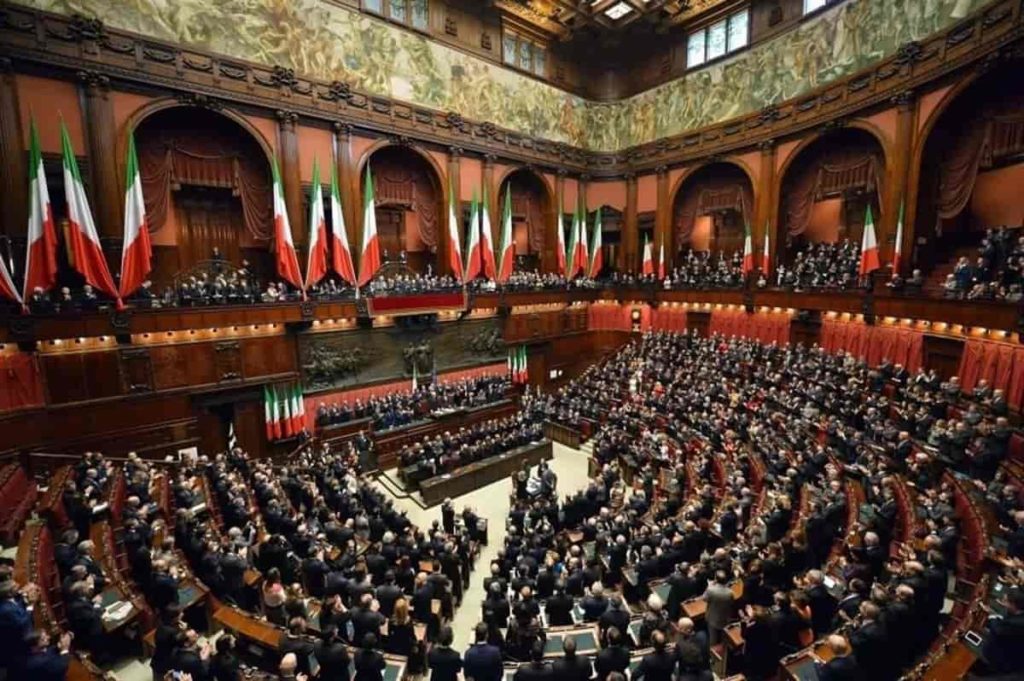Protecting the environment and safeguarding biodiversity has now been made part of the Italian Constitution in a historic vote.
—
Italy has made protecting the environment part of its constitution in a landmark vote on February 8.
The Italian parliament approved a new law mandating that the state must safeguard the environment, biodiversity and natural ecosystems “in the interest of future generations.” The approved changes to the constitution also states that the private industry and private economic initiatives must not damage health and the environment. Animal protection have been built into the constitution as well.
“I think it is an epochal day,” Italian Minister of Ecological Transition, Roberto Cingolani said in a statement. “It is right that the protection of the environment, biodiversity and ecosystems become a founding value of our Republic, it is an essential step for a country like Italy which is facing its own ecological transition.”
The country is home to many natural wonders, from mountainous range to spanning great lakes. Many of which however, have been facing increasing threats as a result of commercialisation and urban development. In August 2021, Italian authorities banned all large cruise ships from entering the Venice city centre to safeguard the Venetian lagoon and prevent further pollution. Though environmentalists have criticised the state for having not done enough to protect the environment.
Cingolani has called the new constitutional law “a strong and symbolic act” which allows Italy to set down “well-defined rules” for protecting the planet, but questions remain regarding the effectiveness of the new amendment.
Established since 1948, the Italian constitution sets out broad principles that are not always reflected in legislation and day-to-day policies. For instance, in 2012 Italy incorporated balancing the state budget into the constitution but has never managed to achieve a balanced budget in the past 10 years.
There are ways in which the new constitutional law can be enforced. One is for a lower court, private individuals and campaign groups to appeal to the Constitutional Court, a process which is known to be slow and drawn out. Another is for the head of state to veto legislation and ask parliament for revisions if they believe they do not respect the constitution.
For now, environmentalists hail the constitutional amendment to be an “important first step” and urges greater action and update existing legislation on environmental issues.
“Today’s vote represents a historical fact,” president of WWF Italy Donatella Bianchi wrote in a statement. “Finally, environmental protection becomes a fundamental principle of the Republic to which future legislation will have to be inspired and to which past legislation will have to adapt.”
You might also like: 12 Biggest Environmental Problems Of 2022
Featured image by: Presidente della Repubblica


















